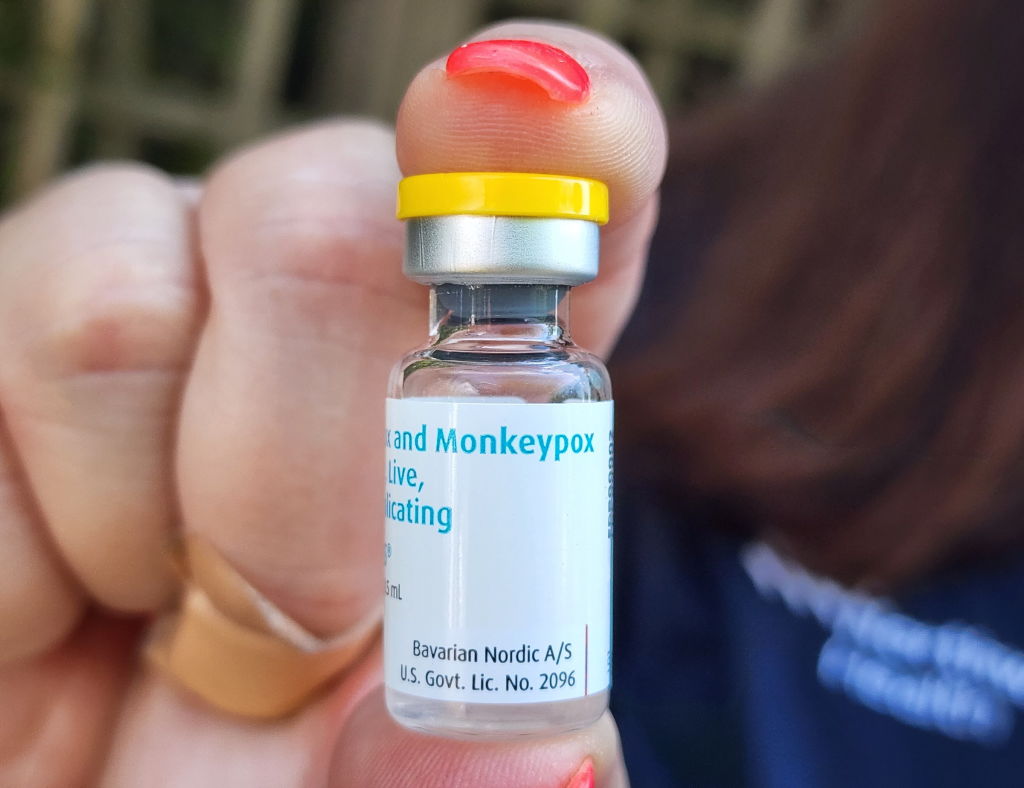
Monkeypox “can be contained” in the U.S., with the goal of eventually eliminating the illness as testing and vaccinations ramp up, the White House’s Covid-19 response coordinator said.
Ashish Jha repeated that, with more than 2,000 cases nationwide, the U.S. Department of Health and Human Services is weighing whether to declare monkeypox a public health emergency. The head of the World Health Organization declared the global outbreak a public health emergency of international concern on Saturday.
“We think we can get our arms around this thing,” Jha said in an interview with CBS’s “Face the Nation” on Sunday. “But obviously, if we need further tools, we will invoke them as we need them.”
He said “monkeypox can be contained, absolutely,” through testing and vaccines. The U.S. can test 80,000 people per week and has 300,000 vaccines, Jha said.
The U.S. should have “an additional 750,000 doses” of vaccine by the end of the month, Anthony Fauci, chief medical adviser to President Joe Biden, said on MSNBC’s “The Sunday Show.”
Read More: What Our COVID-19 Response Can Teach Us About Containing Monkeypox
WHO Director-General Tedros Adhanom Ghebreyesus intervened after nine members of the expert committee were against declaring the monkeypox outbreak an emergency, while six were in favor. Tedros and the health organization had faced criticism in some quarters that they acted too slowly to ratchet up the alarms on Covid.
“We have an outbreak that has spread around the world rapidly through new modes of transmission,” he said during a press briefing in Geneva on Saturday.
Around the world, monkeypox is still primarily affecting men who have sex with men and those who identify as gay or bisexual. On Friday, the U.S. Centers for Disease Control and Prevention said that two pediatric patients had been identified this week, raising concerns that the virus is finding its way into other populations.
Fauci said the goal is to vaccinate groups where monkeypox is spreading, including people who have been exposed to someone with the virus and those who are simply more at risk, including men who have sex with other men.
“You really want to get people who are at risk because of behavior,” he said on MSNBC.
—With assistance from Ryan Teague Beckwith
More Must-Reads from TIME
- Introducing the 2024 TIME100 Next
- The Reinvention of J.D. Vance
- How to Survive Election Season Without Losing Your Mind
- Welcome to the Golden Age of Scams
- Did the Pandemic Break Our Brains?
- The Many Lives of Jack Antonoff
- 33 True Crime Documentaries That Shaped the Genre
- Why Gut Health Issues Are More Common in Women
Contact us at letters@time.com